United States President Donald Trump has demanded that the Justice Department launch a fresh inquiry into the late financier Jeffrey Epstein’s relationships with high-profile Democrats — chiefly former US President Bill Clinton — and financial institutions that once provided services to him.
While Trump framed his request as a push for transparency, the move has raised questions about the motivations behind it as Trump’s own past association with Epstein is being put under the lens again.
US Attorney General Pam Bondi announced on Friday that she had assigned Manhattan US Attorney Jay Clayton to oversee the new investigation.
Her decision was made public shortly after Trump used his social media accounts to call for a federal examination of Epstein’s communications with Clinton, former US Treasury Secretary Larry Summers, LinkedIn co-founder Reid Hoffman, and — separately — the financial giant JPMorgan.
The announcement capped a turbulent week in which both Republicans and Democrats in Congress released large batches of Epstein-related documents, including years of email exchanges that showed interactions between Epstein and numerous political and business personalities.
The materials did not contain allegations of sexual misconduct involving the individuals named by Trump; nonetheless, the US president has insisted that the Justice Department must investigate them.
What Trump’s directive says about the US justice dept
The Justice Department’s decision to carry out Trump’s request has been interpreted by many legal observers as another example of the erosion of the traditional separation between political authority in the White House and the operational independence of federal law enforcement.
During a press interaction on Air Force One after Bondi’s announcement, Trump justified his actions publicly, saying, “I’m the chief law enforcement officer of the country. I’m allowed to do it.”
Legal specialists, however, warn that such overt intervention from the Oval Office can destabilise prosecutorial processes.
Patrick J Cotter, a former federal prosecutor, highlighted the dangers, calling Trump’s approach “outrageously inappropriate” and telling Reuters, “That’s not how it’s supposed to work.”
Concerns are heightened because judges in the United States are authorised to dismiss cases they determine to be launched for “vindictive prosecution.”
Individuals previously targeted by Trump’s Justice Department — including former FBI Director James Comey and New York Attorney General Letitia James — have already suggested that investigations against them were politically motivated. Courts have not yet ruled on those claims.
The Justice Department had, as recently as July, concluded that there was no basis for targeting other individuals in connection with Epstein’s crimes.
A memo from that period stated that investigators found “no evidence that could predicate an investigation against uncharged third parties” and that the broader review revealed “no incriminating ‘client list’” and no credible evidence of blackmail involving prominent figures.
How Capitol Hill has erupted following latest emails release
The backdrop to Bondi’s announcement was a flurry of activity on Capitol Hill. Democrats on the House Oversight Committee released three email exchanges involving Epstein that contained references to Trump.
One 2019 message reportedly included the assertion that Trump “knew about the girls,” which Democrats interpreted as significant in light of questioning surrounding Trump’s years of friendship with Epstein.
US Press secretary Karoline Leavitt accused Democratic lawmakers of selective disclosure and charged them with attempting to “smear Trump.”
Republicans on the committee countered almost immediately by releasing a much larger tranche of documents — nearly 23,000 pages of Epstein’s correspondence — that contained messages linked to individuals such as Clinton, Hoffman, Summers, former Trump adviser Steve Bannon, and Britain’s ex-Prince Andrew (now known as Andrew Mountbatten-Windsor), who previously settled a civil lawsuit with one of Epstein’s victims.
The House of Representatives is now preparing to vote on legislation that would compel the Justice Department to release all Epstein-related files in its possession.
The bill is expected to pass with majority support, despite earlier attempts by House Speaker Mike Johnson to prevent the vote from moving forward.
The Senate would need to pass similar legislation, and the US president would have to sign such a measure for it to become binding.
Trump appeared indifferent when asked whether the documents should be made public, saying, “I don’t care about it, release or not. If you’re going to do it, then you have to go into Epstein’s friends,” before again naming Clinton and Hoffman.
He added, “This is a Democrat hoax. And a couple, a few Republicans have gone along with it because they’re weak and ineffective.”
Republican public opinion on Trump’s handling of the issue remains fractured.
A Reuters/Ipsos poll from October showed that only four in ten Republican respondents approved of the president’s approach to the Epstein files — far lower than his overall approval rating within his party.
How the Trump accused have reacted
While Trump and his supporters insist the investigation must examine the ties between Epstein and some of the most influential Democratic figures of the last two decades, those individuals have forcefully denied wrongdoing.
Clinton has acknowledged travelling on Epstein’s aircraft multiple times in the early 2000s but has consistently rejected any suggestion of involvement in criminal activities.
His deputy chief of staff, Angel Ureña, reiterated that position after the latest document disclosures, writing on X, “These emails prove Bill Clinton did nothing and knew nothing. The rest is noise meant to distract from election losses, backfiring shutdowns, and who knows what else.”
Reid Hoffman, who has been a financial backer of Democratic campaigns and philanthropies, also responded publicly.
In his own social media post, he urged the federal government to release every Epstein-related file, saying the full record would show that “the calls for baseless investigations of me are nothing more than political persecution and slander.”
He added, “I was never a client of Epstein’s and never had any engagement with him other than fundraising for MIT.”
Hoffman has previously expressed regret about participating in events where Epstein was present, saying such actions contributed to restoring Epstein’s status after he was registered as a sex offender.
Larry Summers, who served in Clinton’s cabinet and later presided over Harvard University, has also previously described his interactions with Epstein as a regrettable mistake.
In earlier public statements, Summers said, “My association with Jeffrey Epstein was a major error of judgement.”
JPMorgan, the bank that handled Epstein’s accounts between the late 1990s and 2013, reiterated its earlier position as well. Company spokeswoman Patricia Wexler said JPMorgan regretted its past business relationship with Epstein but stated that the bank “did not help him commit his heinous acts.”
She added that federal authorities had access to critical information about Epstein’s activities that was not shared with JPMorgan or other financial institutions.
The bank has already paid significant settlements to victims who alleged that financial institutions failed to act on warning signs related to Epstein’s behaviour.
Despite the association of these individuals and institutions with Epstein, none has been accused by any known victims of participating in sexual misconduct or trafficking.
How Trump is trying to push the spotlight away from him
While Trump’s call to investigate Democratic-linked figures has dominated the week’s headlines, the focus has simultaneously returned to the president’s own history with Epstein.
Trump and Epstein were acquaintances for years, particularly during the 1990s and early 2000s in New York and Florida social circles. Trump has said that he cut ties before Epstein’s 2008 conviction.
The recent surge in documents released by congressional committees includes references to Trump, raising fresh questions about what he may have known about Epstein’s activities.
Although Trump denies any knowledge of Epstein’s criminal behaviour, the timing of the Justice Department’s new probe has prompted his critics to accuse him of orchestrating a political diversion.
Jay Clayton — a political independent who previously served as Chairman of the Securities and Exchange Commission during Trump’s first term — became US Attorney for the Southern District of New York earlier this year.
Bondi described him as “one of the most capable and trusted prosecutors in the country,” and said the department would pursue the matter “with urgency and integrity.”
Trump also praised Clayton, calling him “a great man, a great attorney,” though he said Bondi was responsible for choosing him to lead the probe.
During the 2024 campaign, Trump suggested he would push for the declassification of the federal government’s Epstein files.
But his position shifted this year, with the president increasingly characterising the controversy as a politically-driven narrative promoted by Democrats.
He argued on social media that the unfolding developments were part of “the Epstein Hoax, involving Democrats, not Republicans,” and wrote that the situation was “another Russia, Russia, Russia Scam, with all arrows pointing to the Democrats.”
With inputs from agencies


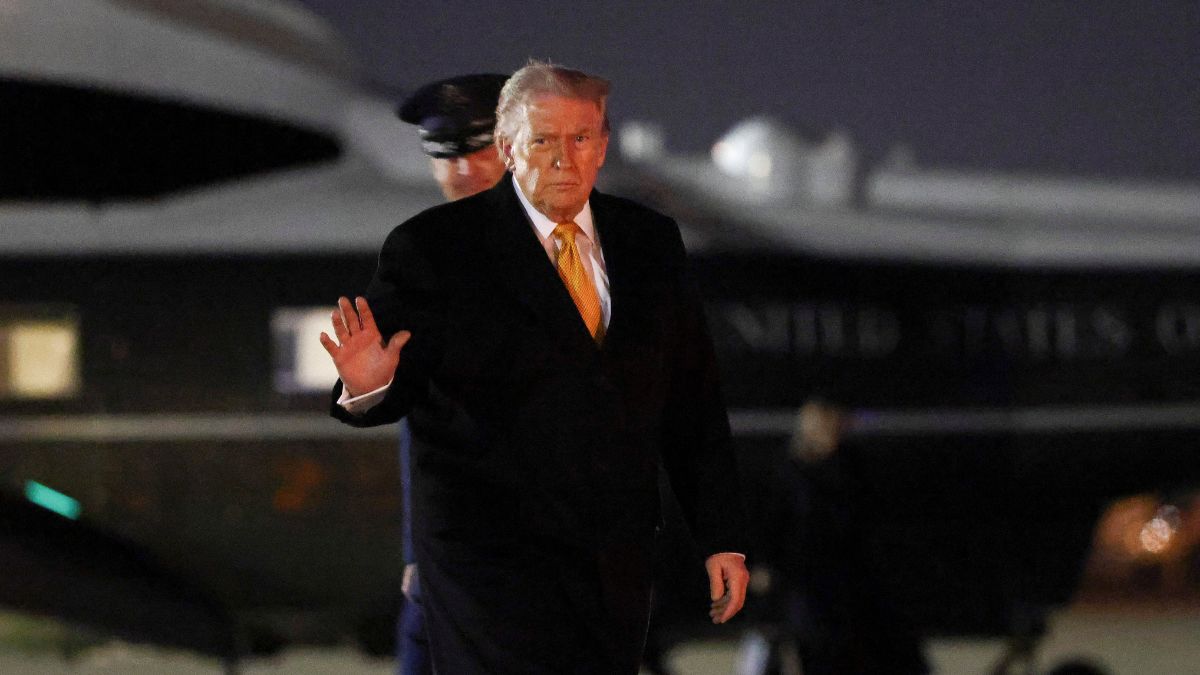)
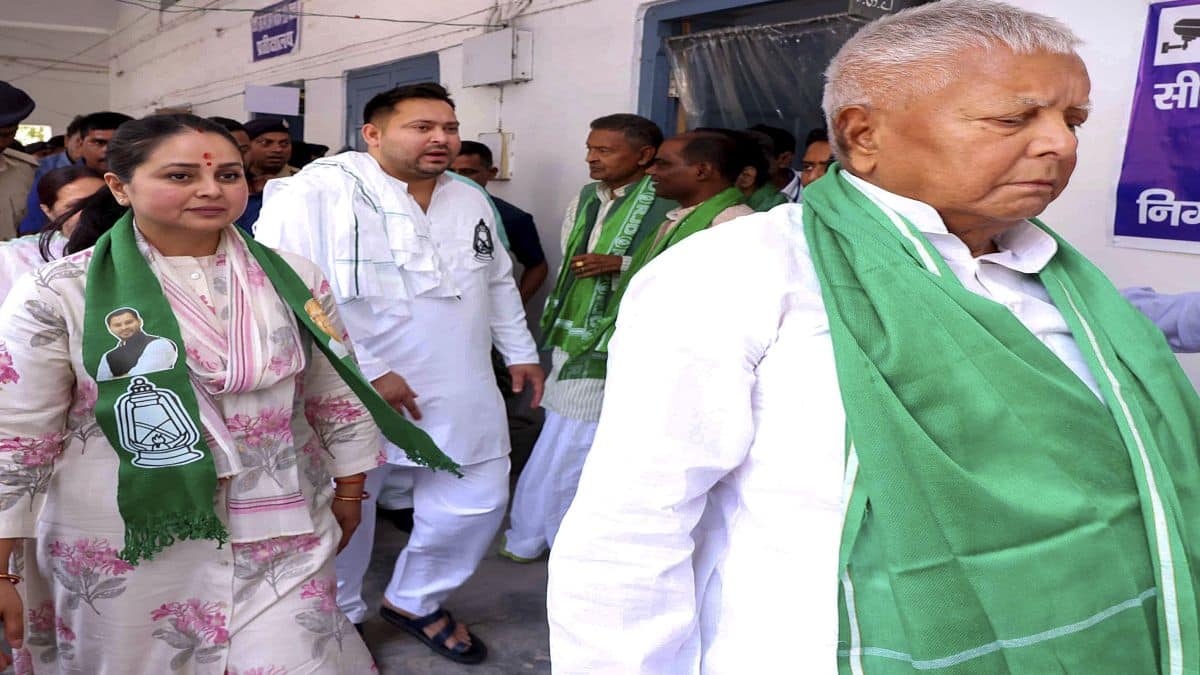
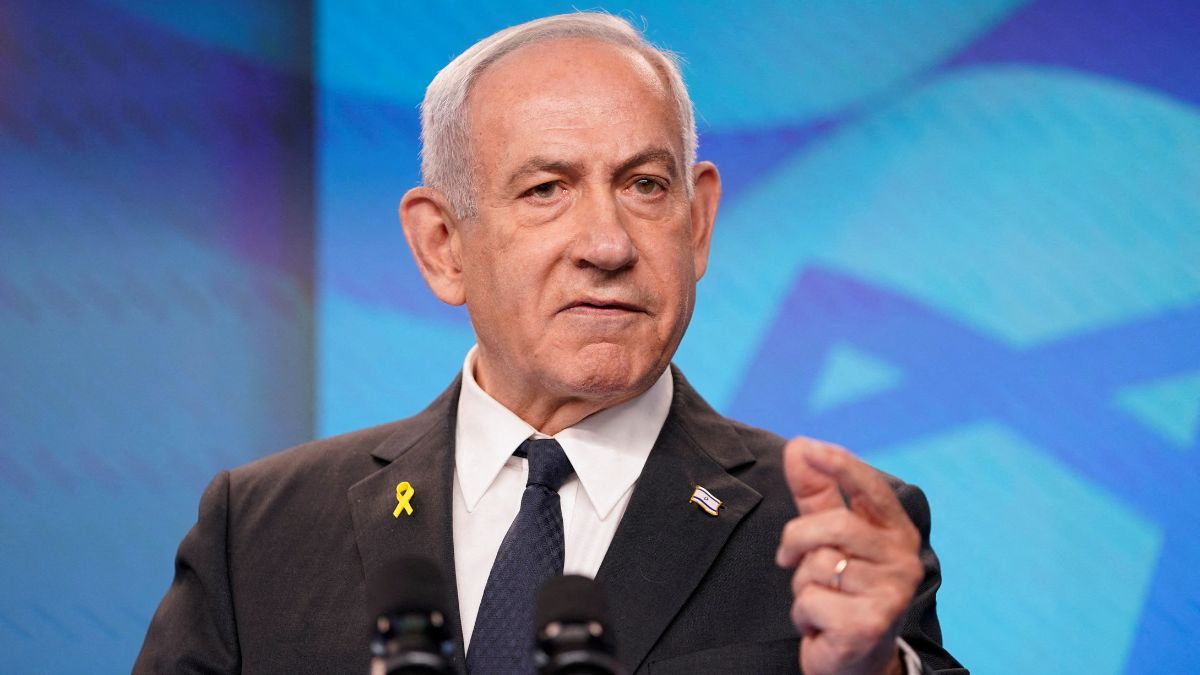)
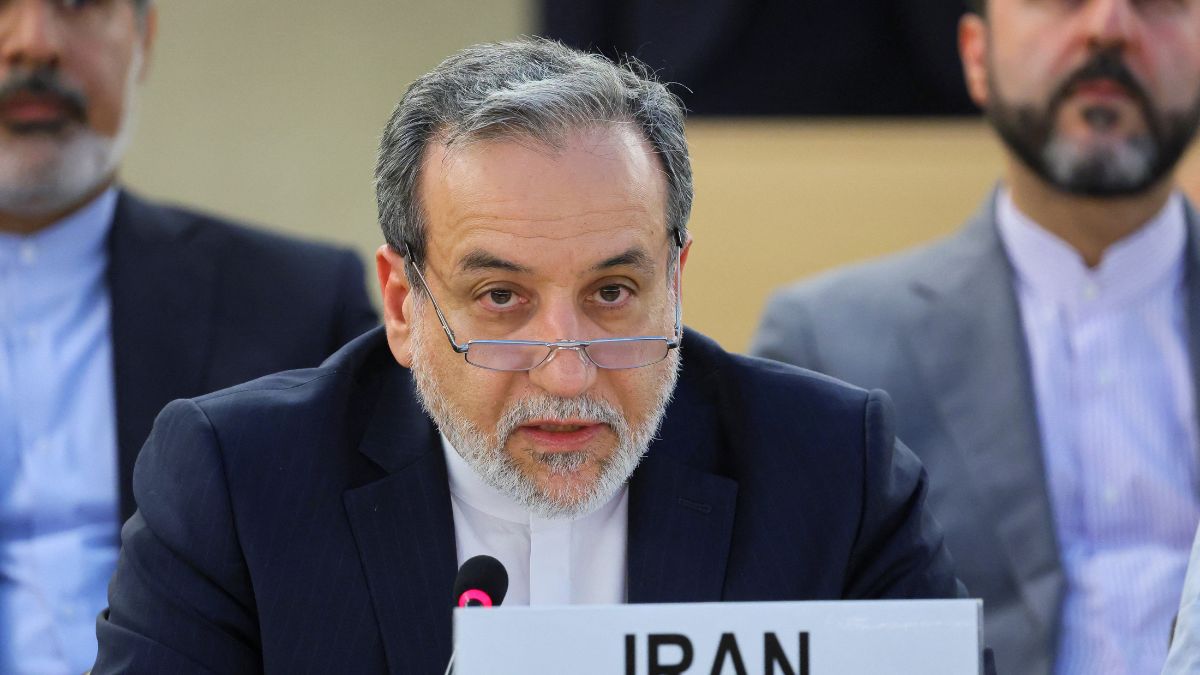)
)
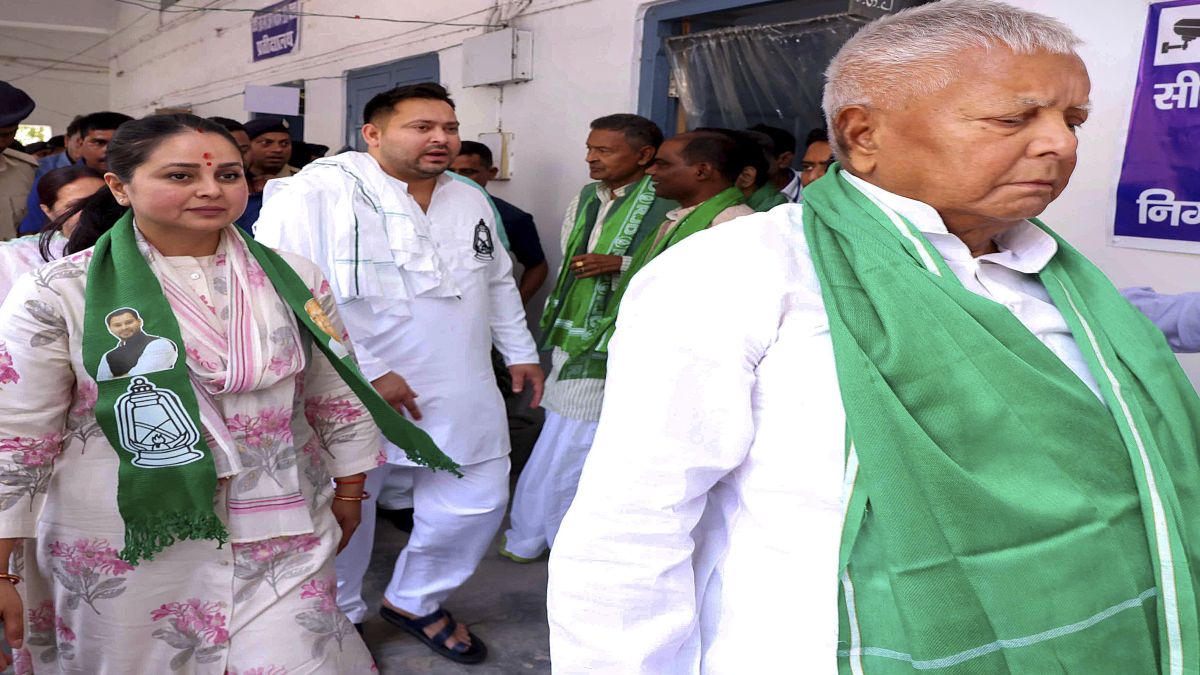)
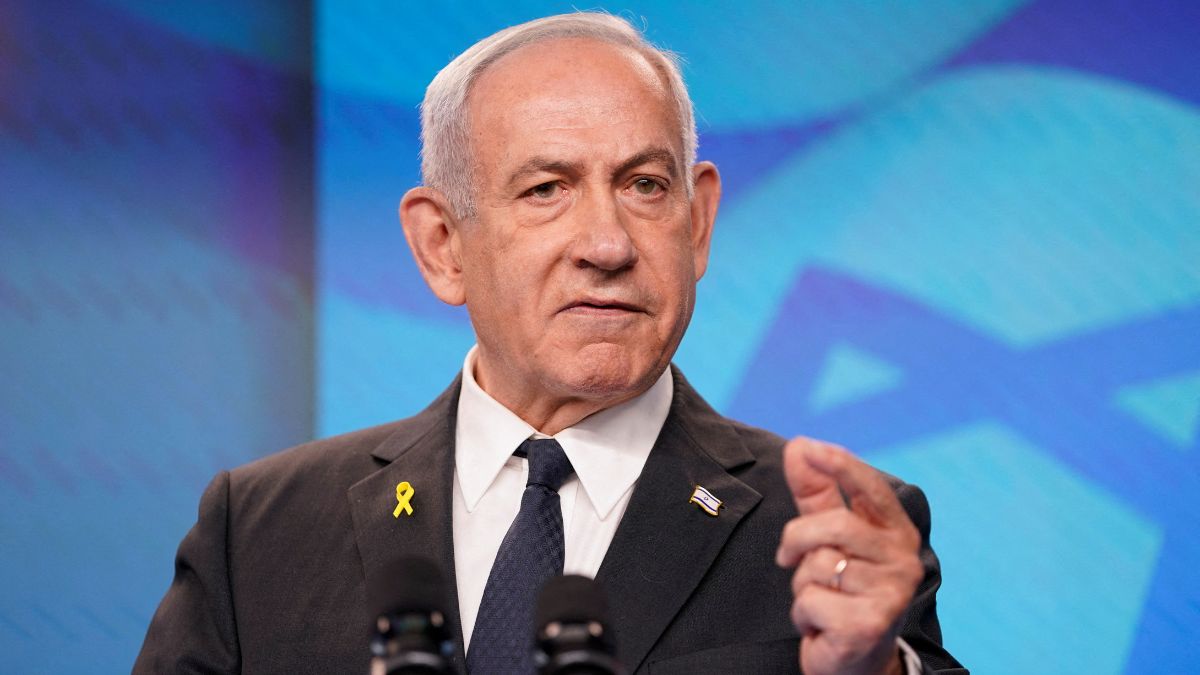)
)
)
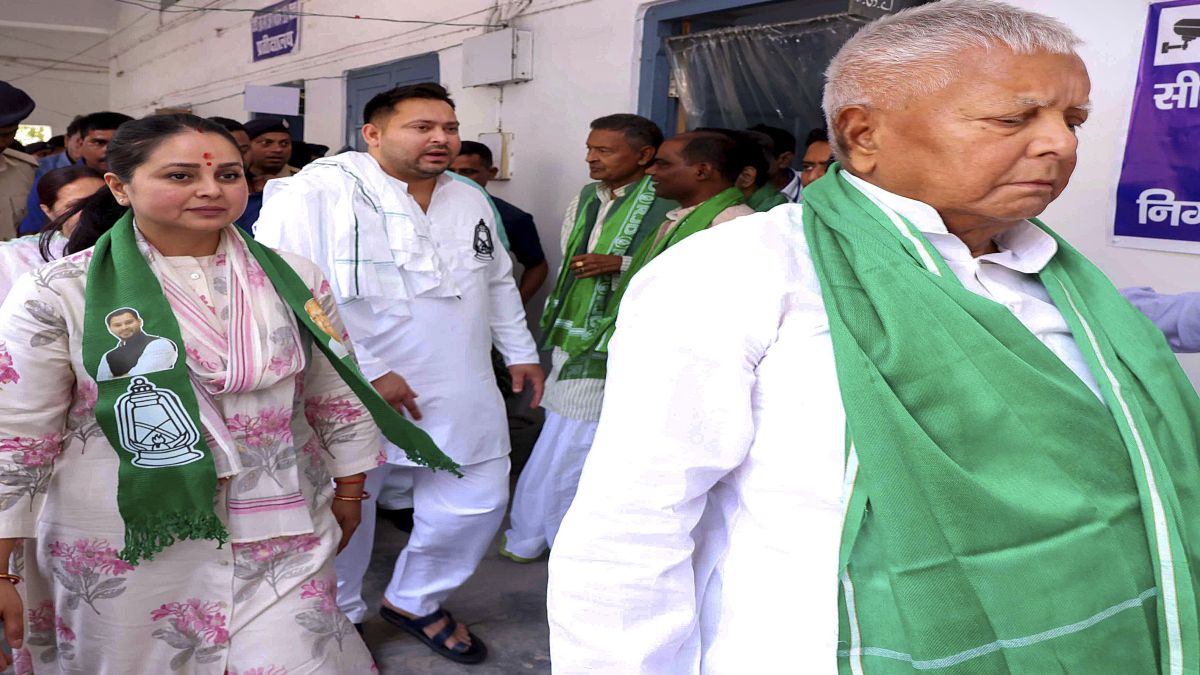)



